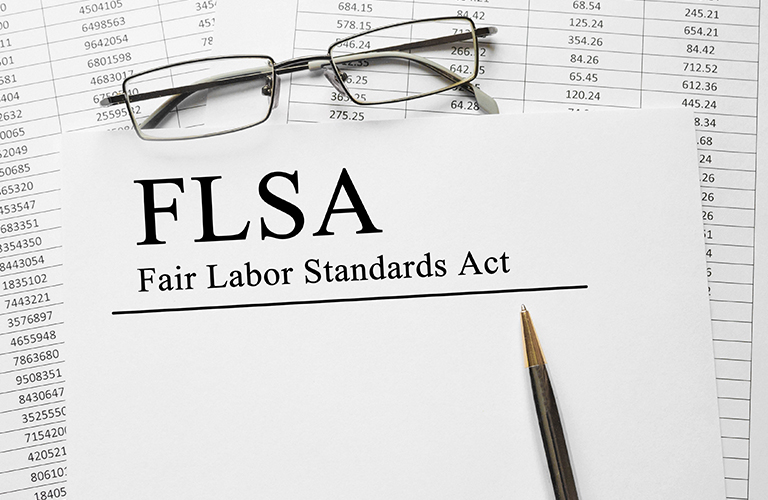
On June 30, 2017, the United States Department of Labor (“DOL”) told the Fifth Circuit Court of Appeals that it plans to revise the 2016 Final Rule (“Final Rule”) that set forth the salary level for employees to qualify for overtime exemption under the Fair Labor Standards Act (“FLSA”). In its brief, the DOL requested that the court “not address the validity of the specific salary level set by the 2016 final rule ($913 per week), which the Department intends to revisit through new rulemaking.”
Under the FLSA, employees are exempt from minimum wage and overtime protections if they are employed in a bona fide executive, administrative, or professional capacity. 29 U.S.C. § 213(a)(1). The DOL’s Final Rule established that salaried employees making at least $913 per week (the equivalent of $47,476 annually for a full-year worker) qualify for the exemption. This was an increase from the previous salary level of $455 per week ($23,660 for a full-year worker). However, in 2016, a District Court judge in Texas put the Final Rule on hold while litigation is ongoing concerning the DOL’s authority to establish a salary test to determine qualification for the exemption.
In light of the pending litigation, the DOL indicated in its brief to the Fifth Circuit that it decided to not proceed immediately with the issuance of a formal notice of proposed rulemaking to address the appropriate salary. Instead, it plans to request public input on several questions that will aid the DOL in developing the proposal. While it remains unclear exactly what salary the DOL intends to use as the cut off for the exemption, Labor Secretary Alexander Acosta implied during his confirmation hearing in March that he might support raising the salary threshold to somewhere in the low $30,000 range.
If you have any questions or concerns on how this may impact your business practices or have any other questions please contact your labor and employment counsel at Smith, Gambrell & Russell.
This client alert is intended to inform clients and other interested parties about legal matters of current interest and is not intended as legal advice. If you have any questions regarding these issues, please contact your Labor and Employment Counsel at Smith, Gambrell & Russell, LLP.

